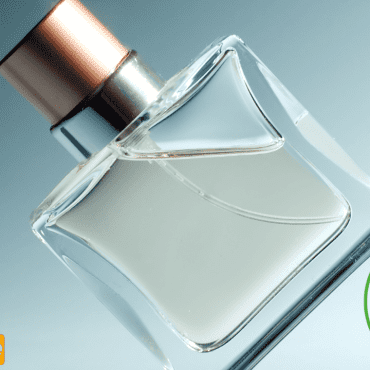The state of CBD research: Basically, Researchers have jumped into the research field as far as hemp or cannabis is concerned. Furthermore, we are going to have a look at the current state of CBD research in this article.
What is CBD research?
Generally, cannabis has a number of cannabinoids and cannabidiol is one of them. Also, Cannabidiol also has the name CBD. However, Almost 40% of the chemical makeup of the cannabis plant consists of CBD. It has stress and anxiety-relieving properties. Although, it does not have psychoactive effects which means you cannot get high after having CBD.
Dr Bonni Goldstein, a medical adviser to Weedmaps and director of Canna-Centers in Lawndale, California, says, “There are thousands of studies going on at any given moment. In the last 5 years, there were 1,690 studies with ‘cannabidiol’ as a subject and 632 of those were in the last year alone.”
Defining CBD research:
Moreover, According to Goldstein, there are four notable areas of CBD research underway:
Botanical and agricultural:
Basically, this is how the cannabis plant makes CBD and what uses it can serve in commercial agriculture, such as improving pest resistance.
In vitro:
what CBD does in Petri dishes and other kinds of models, outside of a living organism.
In vivo:
one of the more controversial types of research, which involves live animals.
Clinical trials:
how CBD affects people in a controlled setting.
Scientists are focusing on several specific use cases for CBD. These include:
- Parkinson’s disease
- Alzheimer’s disease
- Cancer
- Inflammation
- Pain, including chronic and neuropathic pain
- Post-traumatic stress disorder (PTSD)
- Depression
- Sleep disorders
- Bipolar Disorder
- Social Anxiety Disorder
Is CBD medically proven?
However, according to Goldstein, for a medication deeming medically proven. Meaning it must have gone through the last stage of clinical trials. In fact, there is only one CBD-deriving medication that meets this requirement, going by the name of Epidiolex.
Furthermore, Goldstein explains, “Randomized, cross-over, placebo trials have ‘proven’ that CBD is a safe and effective medication for pediatric patients suffering from Dravet syndrome, a specific kind of epilepsy.”
Goldstein stressed, “The only other ‘proven’ thing about CBD is that it’s very safe and well-tolerated. It does interact with some medications, so people should discuss it with their doctor, but it is very safe even in somewhat large, daily doses.”
Does CBD really do anything?
Wilson-Poe says, “Scientific investigations from all over the world have shown that CBD has the following medicinal properties: anticonvulsant, analgesic, anti-inflammatory, antioxidant, anti-anxiety, antidepressant, anti-nausea, antipsychotic, pain reliever, and anticancer.”
Our endocannabinoid system interacts with CBD and this interaction stimulates receptors in our brain which help increasing our mood as well as memory.
Recent CBD clinical trials and studies:
A study was published in the Brazilian journal of Psychiatry back in 2019 which said that usage of CBD is helpful in reducing anxiety if use properly.
Another 2019 clinical trial detailed in the American Journal of Psychiatry found that using CBD seemed to reduce anxiety and cravings in people addicted to opioids. Researchers noted that CBD seemed to have no serious side effects or influence on cognition during the trial. A review was published in the journal Current Neuropharmacology back in 2017, which showed that CBD has the ability to treat panic. The authors of the comprehensive review stated, “CBD seems to be a promising drug for the treatment of PD (panic disorder).”
Recommended Product: MAGICAL BUTTER MB2E BOTANICAL EXTRACTOR


Add Comment